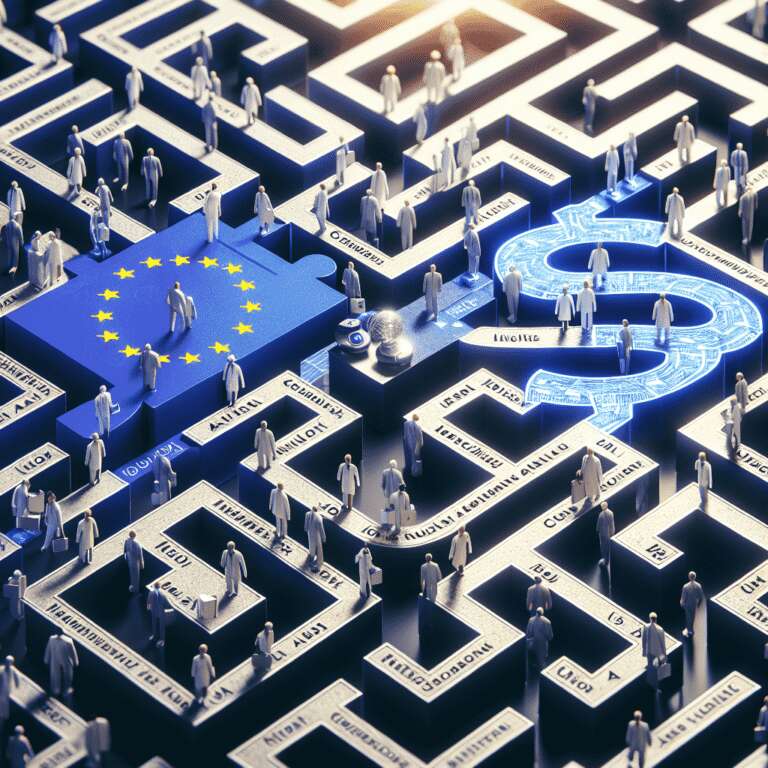As the use of Artificial Intelligence expands into vital sectors such as healthcare, a growing tangle of regulatory frameworks is emerging around the world. Recent cases highlight how algorithms developed under the European Union´s rigorous data governance standards may inadvertently breach more permissive laws in certain US states, underscoring significant incompatibilities between transatlantic legal regimes.
These discrepancies create operational complexities for technology developers seeking to deploy Artificial Intelligence solutions across multiple jurisdictions. Developers face the challenge of adhering to stricter patient privacy and consent requirements in the EU, while simultaneously navigating US state laws that may allow broader data usage or have fewer transparency obligations. This misalignment can lead to legal uncertainty, increased compliance costs, and potential roadblocks to global innovation in Artificial Intelligence-driven healthcare applications.
Industry experts and policymakers are increasingly calling for harmonized standards and clearer pathways to cross-border compliance. Proposals include developing shared technical benchmarks, adopting interoperable frameworks for transparency and accountability, and instituting international bodies to mediate conflicting regulations. As Artificial Intelligence continues to reshape critical sectors, the push for cohesive regulatory and technical approaches is gaining urgency, with the goal of fostering responsible innovation while safeguarding public interests and rights.

